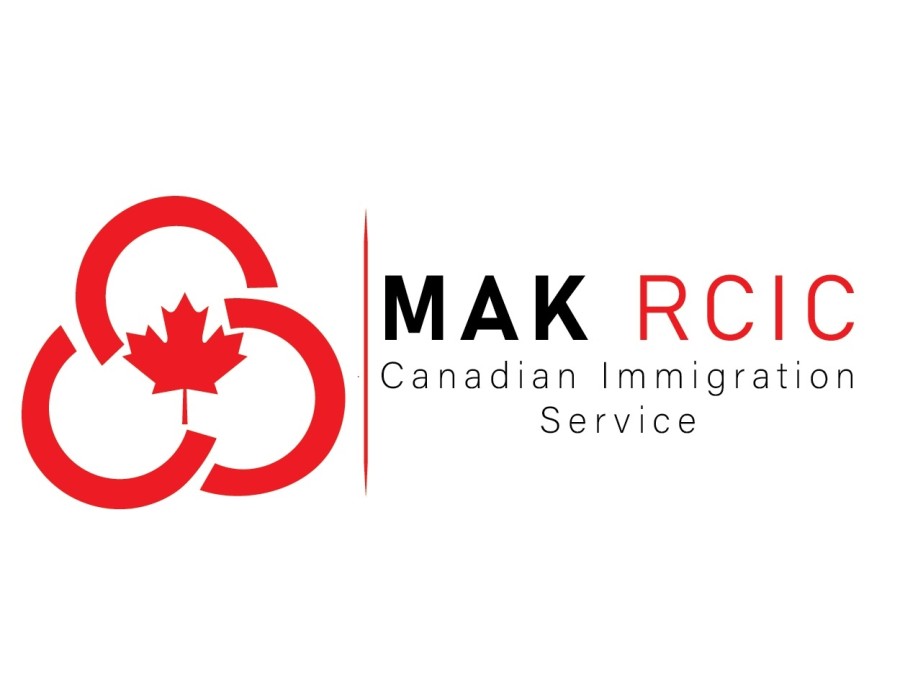Studying in Canada has become one of the most sought-after options for international students. Known for its high-quality education system, multicultural environment, and excellent career opportunities, Canada offers a welcoming atmosphere for students from all over the world. However, before planning your study abroad journey, it is essential to understand the eligibility criteria for a Canada study visa, particularly regarding education, work experience, and language proficiency.
Educational Requirements
The first and foremost criterion for obtaining a Canada study visa is meeting the educational qualifications. Applicants must have completed their previous education from a recognized institution. Typically:
- For undergraduate programs: Completion of high school or equivalent is required. A strong academic record increases your chances of visa approval.
- For postgraduate programs: A relevant bachelor’s degree from a recognized university is mandatory. Additionally, transcripts, mark sheets, and certificates must be authentic and verified.
It’s important to note that some Canadian institutions may have specific requirements depending on the program. For example, certain programs in engineering, medicine, or business may demand additional qualifications or prerequisites.
Work Experience
While not always mandatory, work experience can strengthen your Canada study visa application, especially for postgraduate courses. Some programs may require a minimum of 1-2 years of professional experience in a related field.
- Relevance: Work experience should align with the chosen field of study to demonstrate your commitment and understanding of the domain.
- Documentation: Employers’ reference letters, appointment letters, and salary slips are often required to verify your work history.
Work experience not only supports your visa application but also enhances your profile for future career prospects in Canada.
Language Proficiency
Proficiency in English or French is crucial for securing a Canada study visa. Canadian universities require students to demonstrate their ability to understand and communicate in the language of instruction.
- English: Tests such as IELTS, TOEFL, or PTE Academic are commonly accepted. Most universities require a minimum IELTS score of 6.0–6.5 for undergraduate programs and 6.5–7.0 for postgraduate programs.
- French: For programs taught in French, students must provide results from TEF or TCF exams.
Language scores are a critical part of your application, and failing to meet the minimum requirements can lead to visa rejection.
How Canada Study Visa Consultants Can Help
Navigating the study visa process can be complex, involving multiple documents, applications, and interviews. Professional guidance from Canada study visa consultants like makimmigration can significantly improve your chances of success. These experts help in:
- Assessing your eligibility based on education, work experience, and language proficiency
- Guiding you in selecting the right program and institution
- Assisting in document preparation and submission
- Providing interview preparation and ongoing support throughout the visa process
Conclusion
Meeting the eligibility criteria for a Canada study visa is vital for a smooth and successful application process. Ensuring that your educational qualifications are recognized, work experience is relevant, and language proficiency meets Canadian standards is essential. With the support of professional guidance from Canada study visa consultants, aspiring students can navigate the process with confidence and step closer to realizing their dream of studying in Canada.





Comments